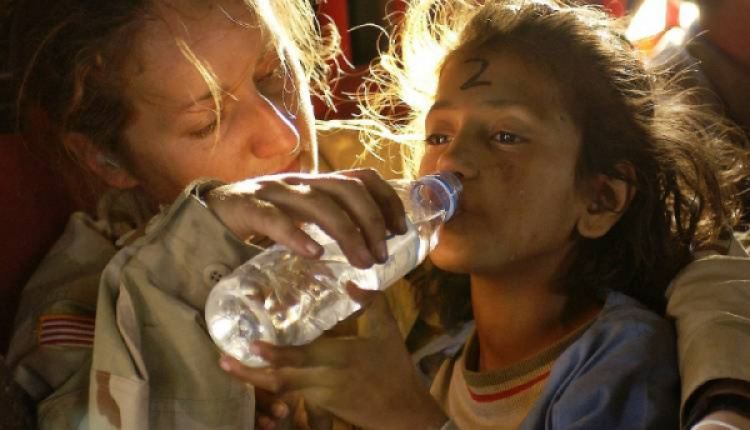Greek NGO Wins $2M Humanitarian Prize
- by XpatAthens
- Tuesday, 27 August 2019

A Greek NGO helping migrant and refugee children in Greece has won the world's biggest annual humanitarian award.
According to the Conrad N Hilton Foundation, METAdrasi – Action for Migration and Development received the $2m Hilton humanitarian prize for its innovative approach to welcoming refugees and protecting unaccompanied minors.
METAdrasi uses translators who are fluent in more than 43 languages and dialects to navigate complicated policies and procedures.
METAdrasi's founder, Lora Pappa, said of the award: "It will enable us to strengthen our advocacy and help us be heard. This is an ongoing crisis. We are so grateful to receive the prize at a time when urgent needs regarding the refugee situation continue to emerge."
To read this article in full, please visit: The Guardian
About METAdrasi
METAdrasi was founded in December 2009 with the mission to facilitate the reception and integration of refugees and migrants in Greece. Believing that migration leads to development, METAdrasi is determined to uphold and protect the fundamental human rights of all those displaced and persecuted through innovative interventions. The name of ΜΕΤΑdrasi was coined by the synthesis of the Greek words “meta”+“drasi” (meaning: and then? + action) and encapsulates our purpose and philosophy.
Guided by the principles of consistency, efficiency, transparency and flexibility to adjust to needs as they emerge, METAdrasi is active in the following key areas:
•The provision of quality interpretation, enabling vital communication with refugees and migrants through the deployment of over 350 interpreters, trained and certified by METAdrasi in 43 languages and dialects – an activity that lies at the heart of any effective provision of humanitarian support;
• The protection of unaccompanied and separated children, through a comprehensive safety net of activities including accommodation facilities, escorting from precarious conditions to safe spaces and the pioneering activities of guardianship, foster families and supported independent living;
• The protection and support of other vulnerable groups through the provision of legal aid to asylum seekers, certification of victims of torture and deployment of humanitarian aid wherever needed;
• The education and integration of refugees and migrants through educational programmes, Greek language lessons, multilingual support guides and remedial education for children that enables access to the right to education, as well as soft-skills training, traineeship opportunities and work placements.


